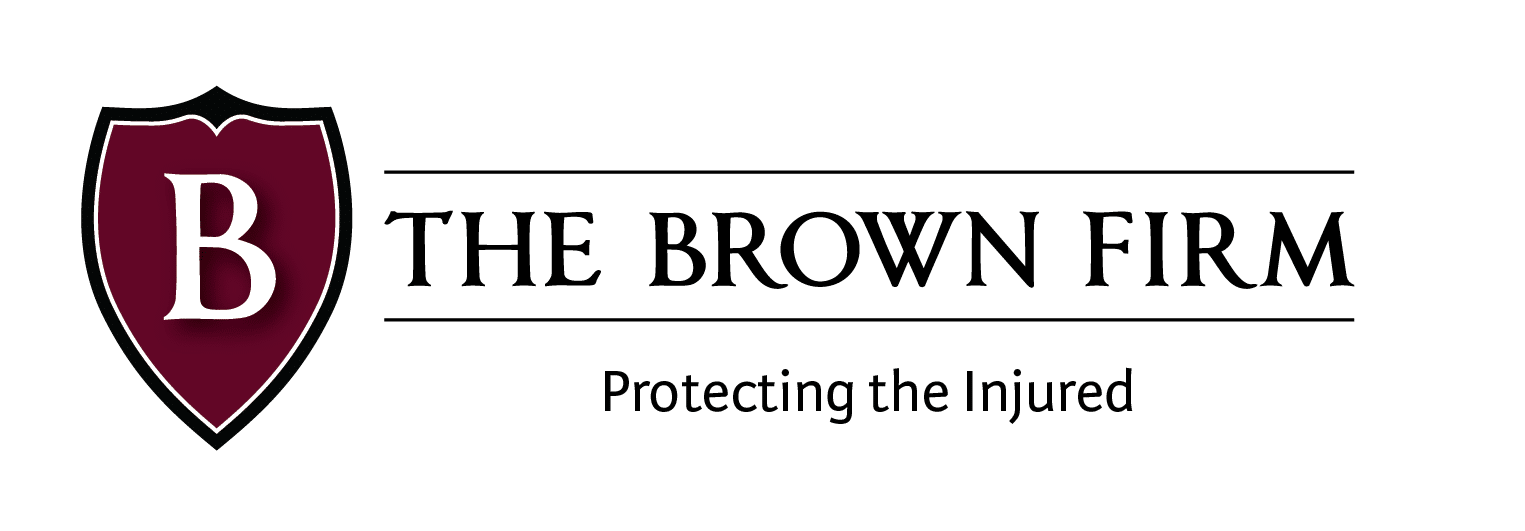Types of Nursing Home Abuse: Physical, Emotional, and Financial
Elder abuse is a growing problem, especially in nursing homes and other long-term care facilities. Many seniors experience physical, emotional, or financial mistreatment by staff, other residents, family members, or caregivers. If you suspect a loved one is being abused in a Georgia or South Carolina nursing home, it’s important to understand the common types of elder abuse so you can take action.
Physical Abuse
Physical abuse involves inflicting physical harm or injury on an elderly person. This is one of the most obvious and easily identified types of nursing home abuse. Examples of physical abuse include:
- Hitting, slapping, punching
- Pushing, shoving, shaking
- Inappropriate use of physical restraints
- Force-feeding
- Burning or scalding
- Physical punishment or discipline
Signs that a nursing home resident is experiencing physical abuse may include unexplained bruises, welts, cuts, sores, burns, or broken bones. The injuries likely will not match any explanation given by staff. The senior also may seem frightened, withdrawn, or anxious around certain caregivers.
Unfortunately, physical abuse is far too common in nursing homes. Over 24% of family members report a loved one having suffered an incident of physical abuse in a nursing home. The abuse may be even higher among seniors with dementia or other conditions that make them vulnerable.
Emotional Abuse
Emotional or psychological abuse in nursing homes involves causing mental anguish through threatening words or behavior. While not physically harmful, emotional abuse still takes a severe toll on a senior’s health and well-being. Forms of emotional abuse include:
- Verbal assaults like yelling, name-calling, or insults
- Intimidation through threats of punishment or deprivation
- Isolation by preventing social interaction
- Humiliation or treating the elder like a child
- Infantilization by ignoring their wishes
Signs of emotional abuse can include changes in mood or behavior when a certain caregiver is present. The senior may become withdrawn, fearful, depressed, or confused. There also may be sudden changes in sleep or appetite.
One study found that 33.4% of nursing home residents suffered from emotional abuse over a one-year period. The effects can be devastating, leading to anxiety, depression, social withdrawal, loss of dignity, and even suicidal thoughts. Caregivers may use emotional abuse to control or manipulate vulnerable seniors.
Financial Abuse
Financial abuse involves the illegal or improper use of an elderly person’s money, property, or assets. This is a growing problem as seniors in nursing homes often have limited ability to manage their finances independently. Examples of financial abuse include:
- Theft of money, valuables, or possessions
- Misuse of power of attorney
- Coercion to sign over assets like property deeds
- Improper billing for services or supplies
- Identity theft
Common signs of financial abuse are unexplained withdrawals from bank accounts, unusual credit card charges, or sudden changes to wills, trusts, or property deeds. The nursing home resident may not be able to afford basic necessities despite having adequate financial resources.
A World Health Organization study found that a shocking 13.8% of nursing home residents experience financial exploitation. This type of abuse often goes undetected for long periods, resulting in significant financial losses. Caregivers may see elderly residents as easy targets for theft and fraud.
Seeking Justice in Georgia and South Carolina
The devastation caused by elder abuse often goes unreported. Many seniors are embarrassed to admit they’re being mistreated or exploited. Language or cultural barriers also can prevent nursing home residents from speaking out.
If you suspect a loved one is facing abuse, neglect, or exploitation in a Georgia or South Carolina nursing facility, get help immediately. An elder care attorney can investigate the situation, preserve evidence, and help you take legal action if abuse is occurring. Financial compensation may be available when nursing homes fail to keep residents safe.
Both Georgia and South Carolina have laws making various forms of elder abuse a crime. Examples include battery, assault, financial exploitation of the elderly, identity fraud, and neglect. Nursing homes can face sanctions or fines if inspectors substantiate abuse allegations. Civil lawsuits also may be possible to recover damages from abusive caregivers or negligent facilities.
Don’t let abusive caregivers get away with harming defenseless seniors. Protect your loved ones by learning the warning signs and seeking experienced legal counsel. The nursing home abuse attorneys at The Brown Firm are here to listen to your story and start seeking justice today. We understand this is an emotional and troubling situation for families. Our team will treat you with compassion while aggressively pursuing accountability.
We’re ready to help Georgia and South Carolina families protect seniors from further abuse and neglect in nursing facilities. Justice, answers, and peace of mind may be closer than you think.
Visit one of our offices at the following locations:
- 7176 Hodgson Memorial Drive, Savannah, GA 31405
- 320 East Clayton Street, Athens, GA 30601
- 197 14th St. NW, Suite 200, Atlanta, GA 30318
- 110 Traders Cross #226, Okatie, SC 29909
Or call now for a free consultation at (800) 529-1441.
Ready to Talk to a Lawyer Who Has Your Back?
Contact The Brown Firm
Get the Answers and Compensation You Deserve
You’ll notice the difference when you contact The Brown Firm! Our local dedicated attorneys want to help you recover and rebuild.
Schedule your free consultation by calling (800) 529-1441 or completing our simple online form.

